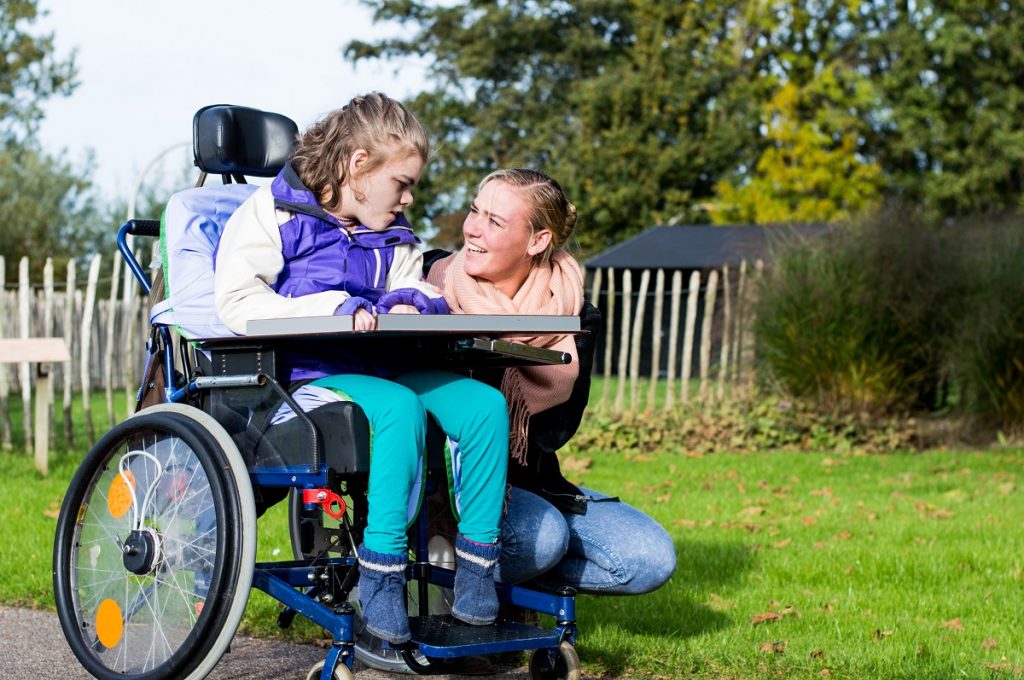- About 1 billion people (15% of the world population) have disabilities, facing discrimination, stigma, and prejudice.
- Media portrayal of disabled people reinforces negative attitudes towards them.
- Lack of accessibility often excludes disabled people from certain activities.
- Employment discrimination limits opportunities for disabled people to contribute to society.
- Negativity towards disability needs to be challenged, and more resources & representation should be provided for disabled people worldwide.
Over the years, the world has changed, becoming more accepting of diversity and inclusivity. However, there is still one group of people who often face discrimination and stigma, and that’s disabled people. Despite our progress as a society, people with disabilities are still misunderstood and mistreated. Here’s what you need to know about disability worldwide and how to live a better life as a disabled person.
Disability Worldwide
It’s estimated that there are about a billion people with disabilities worldwide. That’s about 15 percent of the world’s population! People with disabilities have a lot in common, such as physical impediments, challenges to accessing education and employment opportunities, social stigma, and prejudice—all of which can make it challenging to lead fulfilling lives. Here’s why they’re still stigmatized today.
The Media Portrayal of Disability
One reason disabled people are still stigmatized today is because of how they are portrayed in the media. Disabled people are often depicted as a burden or a charity case rather than individuals with their agency. This reinforces the idea that disability is a negative thing and that disabled people are lesser than able-bodied people.
Lack of Accessibility

Accessibility is a huge issue for disabled people. Many buildings, public transport systems, and websites are not designed with accessibility in mind. This means that disabled people are often excluded from certain spaces and activities. When accessibility is not considered, it reinforces the idea that society is not built for people with disabilities.
Employment Discrimination
Disabled people often face significant barriers when it comes to employment. This can be due to employers not accommodating disabilities or discriminating against disabled applicants. This lack of opportunity reinforces the idea that disabled people cannot contribute to society in the same way that able-bodied people are.
Negative Attitudes Towards Disability
Unfortunately, many people still hold negative attitudes toward disability. This can manifest in various ways, from staring and avoiding interactions with disabled people to outright hostility. Negative attitudes towards disability can make it harder for disabled people to participate in society and lead fulfilling lives.
Lack of Representation
Finally, disabled people are still stigmatized today because they are underrepresented in many areas of society. This includes media representation, political representation, and representation in other areas of public life. When disabled people are not represented, it reinforces the idea that they are not important to society.
How to Live a Better Life as a Disabled Person
Living with a disability can be challenging, but there are ways to make it easier. Here are some tips for living a better life as a disabled person:
Seek Support

Reach out to other people with disabilities or organizations that provide support and advice. One particular organization is the NDIS. They are dedicated to helping people with disabilities find the support to lead independent and successful lives. A reputable NDIS service provider can do this for you. The provider can help you access the necessary assistance, resources, and support.
Create a Routine
Having a routine can help manage life as a disabled person. Establishing routines like exercise, meals, work, and leisure activities can make daily life more manageable.
Stay Connected
It’s easy to feel isolated when living with a disability. However, staying connected with family and friends can make a real difference. This could be through phone calls, video chats, or social media.
Access Resources
It’s essential to access resources that are available for people with disabilities. These include government-funded programs like the NDIS, disability services, and charity assistance. All these can help you lead an independent life and get your needed support.
Self-Care
Self-care is one of the best ways to manage life as a disabled person. Taking time out for yourself can help alleviate stress and anxiety. Self-care can include activities like yoga, meditation, or reading a book.
Advocating for Change
Finally, it’s important to advocate for change regarding disability rights and representation. Speak up about your experience as a disabled person and fight for more inclusive policies in your community.
Living with a disability doesn’t have to be challenging—with the right resources and support system, you can live a successful and fulfilling life. Remember to reach out for help and always keep advocating for change. It’s time to end the stigma surrounding disability and advocate for greater inclusion and acceptance of disabled people worldwide!


